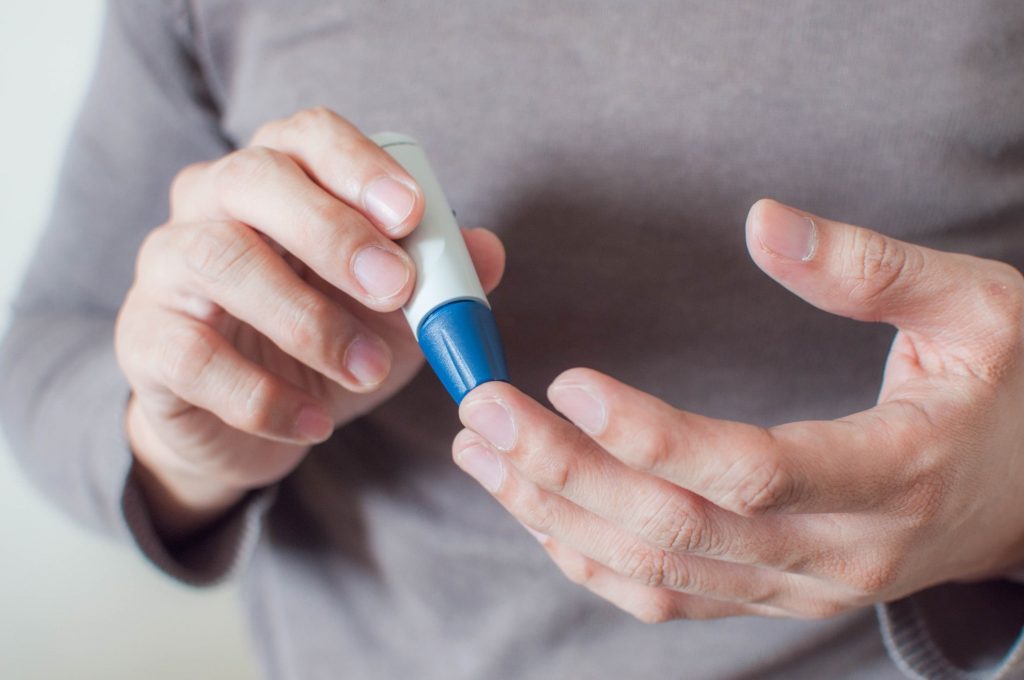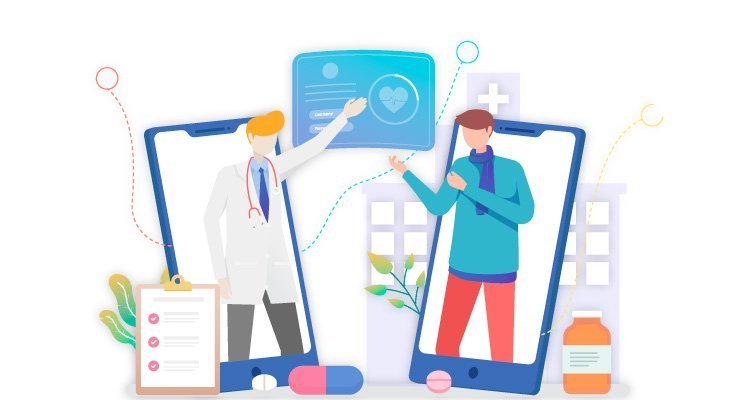Comitiva de Promoción del Sector Salud en Las Vegas, NV USA
El Baja Health Cluster formo parte de la Comitiva de Promoción del Sector Salud que visito Las Vegas, acompañando al...

Diabetes, whether Type 1 or Type 2, may be the most underappreciated, misunderstood and poorly treated of all common medical problems, and many of the more than 30 million Americans affected by it are paying dearly with their health and lives as a result.
Contrary to what many people think, diabetes is not just a disease of abnormal blood sugar control caused by a lack of insulin or an inadequate response to this crucial hormone.
Rather, diabetes is a chronic, progressive disorder with potentially devastating effects throughout the body. When inadequately controlled, it can injure many critical bodily systems and result in costly, life-disrupting and sometimes fatal consequences. Both Type 1 and Type 2 diabetes, especially when poorly managed, can damage the heart, kidneys, eyes and nerves and result in a heart attack or stroke, kidney failure, blindness, crippling neuropathy and amputations.
Yet a recent national American study found that at least three out of four people with diabetes do not adequately control the four major factors that increase the risk of serious complications: blood glucose, blood pressure, blood cholesterol and smoking. Furthermore, despite significant advances in the delivery of diabetes care and availability of more effective medications, the study revealed that since 2005 for the nation as a whole, there has been little or no improvement in managing diabetes and preventing or delaying the damage it can cause.
David Haitkin, a 65-year-old Brooklynite, takes great care to manage his diabetes. Found in his 40s to have Type 1 disease, which requires daily treatment with insulin, he keeps his weight, blood pressure and cholesterol under control, doesn’t smoke and gets daily exercise walking his dog and walking to work.
After checking his fasting blood sugar level every morning, Mr. Haitkin said he administers the appropriate dose of long-acting insulin. He starts his day with a breakfast of oatmeal and eats a regulated amount of mostly complex carbohydrates three times a day “so I don’t end up starved for them.” He relies on healthful fats like olive oil, avocado and nuts, restricts meat portions to four ounces or less and eats fish as often as possible. He also takes the blood pressure drug ramipril to help protect his kidneys, and has his eyes examined and the circulation in his feet and legs checked regularly. He said he’s never had a blood sugar crisis — either a level too high or too low, and so far all body systems seem to be functioning normally.
Then he added a very telling observation: “I’ve always had good health insurance at every job and the luxury to take care of myself. Now though, for a lot of people, that’s being taken away.”
Each of the three diabetes experts I spoke with mentioned insurance problems as a major hindrance for many patients who need to keep their diabetes under control. It is the rare policy that covers consultations for diet and exercise, which can reduce the need for medications and require more time than the 15 or 20 minutes allotted to a doctor visit. But even needed medications are often out of reach financially.
“Having good health insurance is the strongest link to receiving comprehensive diabetes care,” Pooyan Kazemian of Massachusetts General Hospital, the lead author of the new study, told me. “Treatment of diabetes is getting more expensive every day. The newer drugs that control blood sugar with fewer side effects are super expensive, with an average monthly cost of about $1,000 (on the USA), and people without health insurance don’t go to the doctor.”
Dr. Mohammed K. Ali, a preventive medicine specialist at Emory University who wrote a commentary about the study, said, “Many people are on high-deductible plans that don’t cover a lot of things that could help them. They may go to the pharmacy with a prescription and discover it’s not covered by their insurance or they can’t afford the co-pay.
“Yet,” he added, “we’re dealing with a chronic, progressive disease, and if you’re not on top of it, it will get on top of you very quickly.”
Dr. Kazemian explained, “Having a persistently high blood sugar level can damage the kidneys, heart, nerves and eyes; consuming a healthy diet with good portion control and getting regular exercise are critical to managing blood sugar.”
Dr. Rozalina G. McCoy, endocrinologist and primary care doctor at the Mayo Clinic in Rochester, Minn., said, “Diabetes is not just a clinical disease — it’s a public health disease that is multifaceted and very hard to manage.” High levels of blood sugar cause inflammation and damage blood vessels, both large and small, she said, and these vessels are found everywhere in the body, which is why so many systems are affected.
“But normalizing blood sugar alone will not fix the problem,” Dr. McCoy emphasized. “High blood pressure increases pounding on blood vessels, high cholesterol causes inflammation and blockages and smoking also causes inflammation.”
The new study, published in October in JAMA Internal Medicine, analyzed data gathered by the National Health and Nutrition Examination Survey from 1,742 nonpregnant adults with known diabetes and 746 adults with diabetes that had not been previously diagnosed. The data revealed that there had been no significant improvement in the diagnosis or treatment of diabetes from 2005 through 2016.
Ninety-four percent of those with known diabetes were receiving care for their disease, yet more than three-fourths failed to meet all four treatment goals established by the American Diabetes Association. The most common failing, afflicting 43 percent of those studied, was not maintaining a blood level of artery-damaging LDL-cholesterol of less than 100 milligrams per deciliter. This often happened because patients refused to take a statin or were not prescribed this cholesterol-lowering medication, Dr. Kazemian reported.
Women in particular were found to be treated less aggressively for high cholesterol, often because they and their doctors incorrectly assume their risk of cardiovascular disease is lower than for men, he suggested. “But in fact the risk of heart disease related to diabetes is the same for women as it is for men,” Dr. Kazemian said.
While 70 percent achieved target levels of blood pressure control, less than two-thirds of those with diabetes maintained their blood sugar at desired levels, the study found. The best news: 85 percent of diabetes patients were nonsmokers.
All told, success in reaching target goals for managing diabetes was poorest among young adults and minorities as well as those lacking health insurance.
“In general, younger patients are more likely to be undertreated and older patients often get too much care and are overtreated,” Dr. McCoy said.


El Baja Health Cluster formo parte de la Comitiva de Promoción del Sector Salud que visito Las Vegas, acompañando al...


Add the items of your interest in your planner, you can delete or add items anytime. The heart at the right corner shows the amount of items in your planner.

Submit your name, email and additional information you need about the providers. Our Concierge will send you all the information you need.
Address: Mision de Santo Tomas 2812, Zona Urbana Rio (4,69 km)
Tijuana
Available from 9:00 am – 19:00 pm